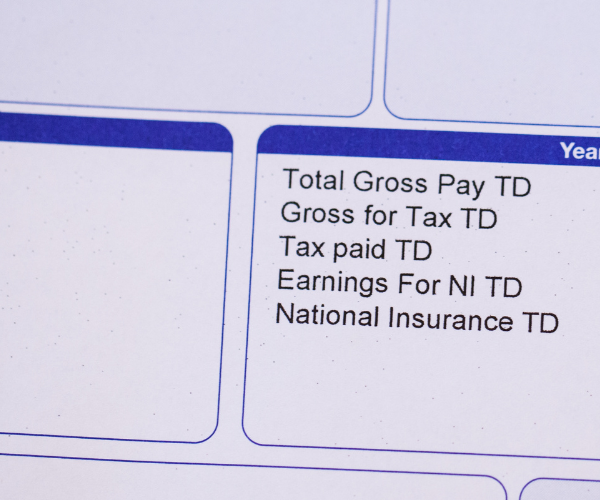When the time comes to apply to university, you’ll no doubt be thinking about how you will pay for it.
For most, the answer is a Student Loan, a great solution, but one you need to fully understand as it can impact you for a good portion of your working life.
One of those crucial things you need to understand is how to repay a student loan. And that’s what we are here for!
This blog will answer the all-important question and a whole host of others that relate to Student Finance.
What plan are you on?
The first thing you need to understand when looking at paying back student loans is what “plan” you are on.
If you started uni between September 2012 and July 2023 and were a resident of England you’ll be on Plan 2. For those starting in August 2023 and a resident of England, you will be on the newly created Plan 5. Finally, those who are a resident. Of Wales and started uni after September 2012, you will be on Plan 2.
Got it? We’re glad someone does!
If not, check out the Government website for full breakdowns here.
How much do you earn before repaying student finance?
Another question that is “plan” dependent, so we’ll try to lay it all out as simply as possible.
For those on Plan 2; you’ll start paying once your annual salary is in excess of £27,295.
For those on Plan 5; you’ll start paying once your annual salary is in excess of £25,000.
How much will i be repaying?
Once again, this depends on which plan you are on, and also how much you earn (we know we sound like a broken record, sorry!).
The tables below will give you an approximate estimation of the payments you can expect to make.
PLAN TWO – REPAYMENTS (data correct as of May 2023)
| Annual Salary | Monthly Repayments |
| £27,295 | £0.00 |
| £30,000 | £20.00 |
| £35,000 | £58.00 |
| £40,000 | £95.00 |
| £45,000 | £133.00 |
| £50,000 | £170.00 |
PLAN FIVE – REPAYMENTS (data correct as of May 2023)
| Annual Salary | Monthly Repayments |
| £25,000 | £0.00 |
| £30,000 | £38.00 |
| £35,000 | £75.00 |
| £40,000 | £113.00 |
| £45,000 | £150.00 |
| £50,000 | £188.00 |
Probably not as much as you think, right?
Well, this is because you only repay the money you earn once you’ve reached the threshold. So if you earn £30,000 on plan two, student finance is not interested in the first £27,295 you make. They only care about the £2,705 above the threshold, and “charge” you 9% of that excess in repayments.
What do I have to do?
This is the answer you will like… Nothing! Well, this is as long as you are paid by PAYE. Don’t worry, this isn’t another acronym to try and confuse you – it just means you work as an employee and pay tax and national insurance through the Pay-As-You-Earn scheme – the alternative to this is being self-employed where you need to submit a tax return (you will know if this applies to you).
The ONLY time you’ll need to do anything is if you move abroad.
Isn’t it bad to be in debt?
Student Finance is not like other kinds of debt. First of all, it is automatically taken from your salary, which means you can never miss a payment. Student loans also have no impact on your credit score – something that is vitally important for later life when it comes to applying for loans and mortgages.
What happens if I don’t earn enough to pay back my loan?
As we said earlier, a student loan isn’t your typical loan so you can get the image of debt collectors banging down your door asking for repayments out of your head.
Once you start earning enough, you’ll automatically start paying. If you ever have to take a pay cut and dip below the amount, don’t worry, the payments will automatically stop…
If this does happen, don’t panic, you don’t need to catch up for the months you were not repaying.
Student loans also get written off after a certain amount of time – this means the debt effectively gets forgotten and you no longer owe any money, no matter how much is still outstanding. This happens after 30 years on Plan 2, and 40 years on Plan 5.










